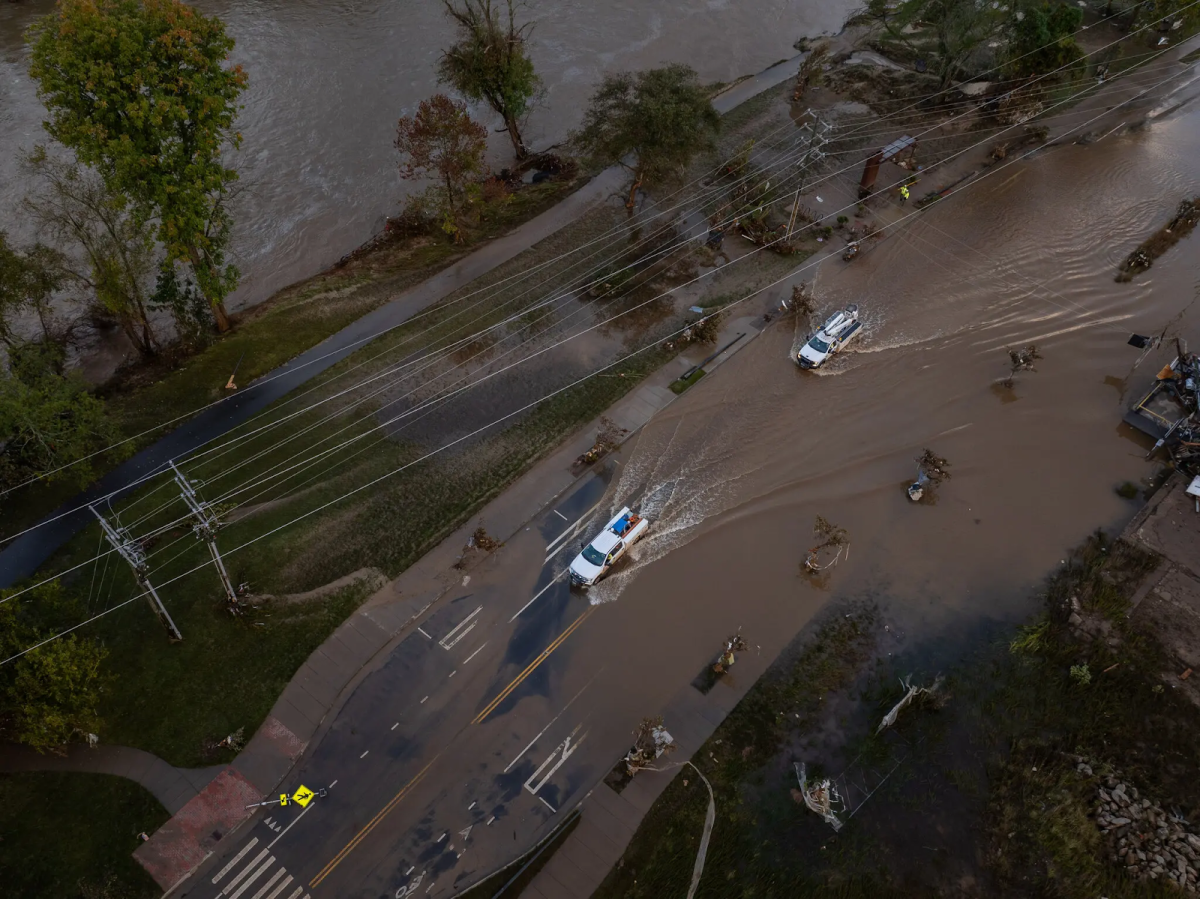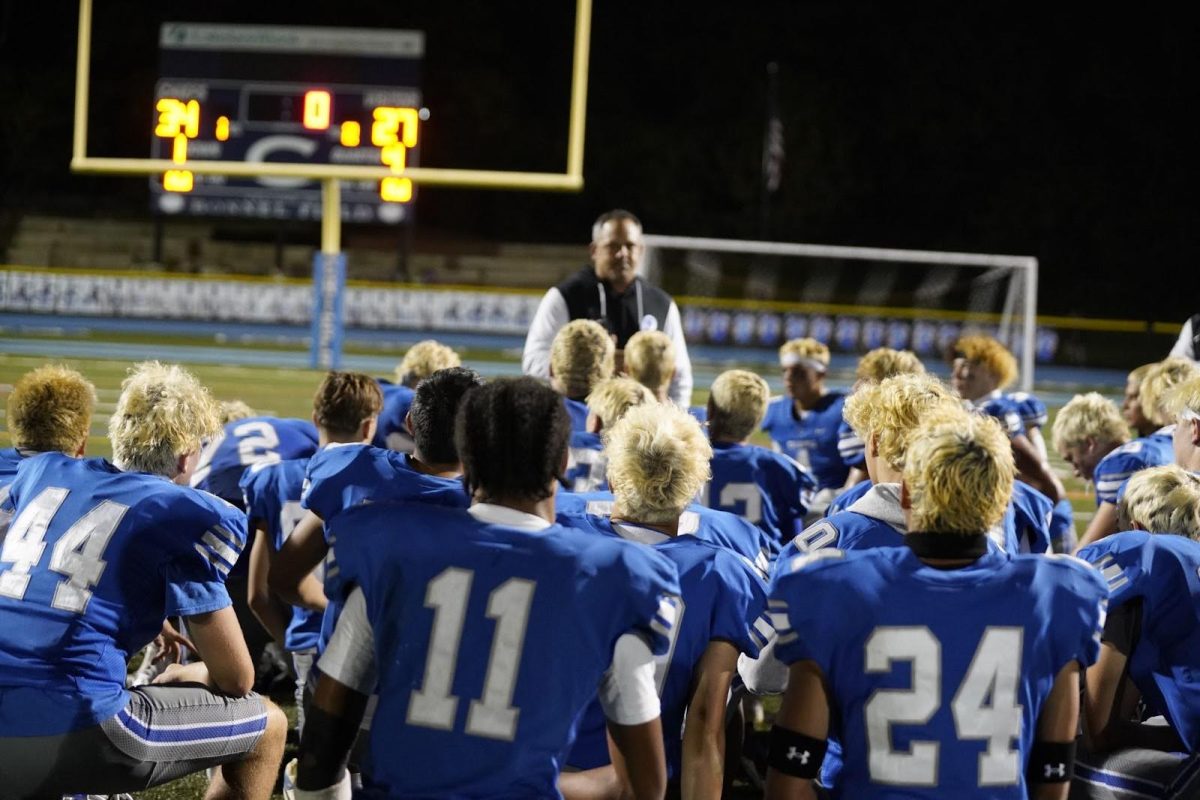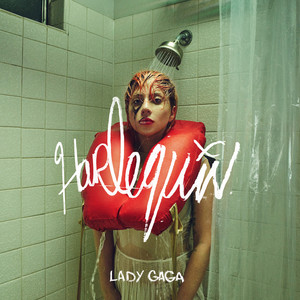Wednesday, December 3, 2014. A seemingly normal day in the lives of many at a middle school in Folsom, California became a day that shall live in infamy for the community and the country. Seventh grader Ronin Shimizu, 12, took his own life at his home, after months of emotional torture at the hands of relentless bullies at school. Ronin was a male cheerleader, the only boy on the junior squad. And somehow, his love for cheerleading drove others to label Ronin as gay. His parents reportedly filed complaints with the school district, and the school claims to have followed all protocols in dealing with matters like this. But clearly the procedures failed, as Ronin became more and more emotionally distressed, even to the point that his parents removed him from public school and began homeschooling their son. But the damage was done. A failure of the system caused a boy with his entire life ahead of him to commit suicide. And the worst part of this story is that it didn’t begin nor end with Ronin. Bullying is a major problem in America, and it’s getting worse, especially with the increasing use of social media among teens. The numbers are scary, and yet we won’t talk about it. New Jersey has one of the strictest anti-bullying laws in the nation, and yet bullying has not been discouraged. It happens every single day. We need to stand up as a society and talk about bullying. There is a culture of mockery in this country of people who stray from what is considered “normal.” Although the mockery may be meant in jest, children look at this behavior and take away from it that “making fun of someone” is acceptable and normal behavior. That needs to change.
In September 2010, Rutgers student Tyler Clementi jumped to his death from the George Washington Bridge just days after his roommate posted a secretly recorded video online of Clementi having an intimate moment with another man. Clementi came out to his mother and father before leaving for college. Clementi took swift action once he discovered the internet postings. Within hours, he submitted a housing change request to be moved to a single room as a result of the invasion of privacy. He met with his resident assistant, who he felt was very serious about dealing with the incident, and other university officials after Ravi posted on social media that he was going to record Clementi a second time. Without a resolution to the issue, Clementi committed suicide at about 8:45pm on September 22, 2010. He was 18. Clementi’s death led to the institution of new laws and policies across the nation, with some of the strongest right here in New Jersey.
In New Jersey, a new standard was introduced and has hailed to be the end-all for bullying in schools.The program is familiar to many students across the state. The program focuses on, and is named for, Harassment, Intimidation, and Bullying (HIB). Any case of bullying that falls under state guidelines should be filed with the state and all updates should be reported under this program. The HIB law also expands the school’s control over bullying into the world of the internet, because things that happen online outside of school hours likely have some effect on the learning environment, the school takes authority in the matter, possibly referring it to law enforcement if necessary. But the system has not developed quickly enough, and it is not generally being well utilized by students.In a report by the state, designated HIB specialists in each district, often guidance counselors or vice principals, responded to poll questions regarding the resources available to them and how effectively they have been able to execute state mandated policy. A shocking number of these specialists reported serious impediments to the full successful rollout of the HIB program, with one of the most glaring issues being funding. And this all comes back to the fact that we as a society do not take bullying as seriously as we should. We evolved our societal opinions on so many issues over the years, from breast cancer to HIV/AIDS to homosexuality; it is now time to fully commit to building a safer school environment across the board. If we can’t devote our own time to debating the issue, we should at the very least devote adequate funding to allow the professionals to do their jobs. Don’t we owe our children that much?
Many would argue that we have become “soft” as a society in general- taking everything much too literally and seriously. In reality, this “softness” is just the result of a more educated and intellectual society. What I mean is that an insult to someone’s physical appearance may have been taken as a complete joke fifty years ago- just two friends joking around. But now, we are more informed and tend to look further into things. The “victim” of this situation may begin to dive deep into why the person criticized her clothing. Was it something she said? Was it something she did? Does the bully think she is ugly? These are all natural thoughts that run through the mind of the victim. It is argued by some that being a victim is celebrated in this day and age; no longer do we try to hide that we are victims- we want everyone to know, and these people suggest that this makes our society weaker. These critics are flawed in their characterization of celebration. Seeking public attention to a particular case having to do with a particular issue is not remotely “celebrating,” rather it’s drawing public attention to a problem that may have otherwise been ignored. And it’s not even always for self-benefiting reasons. Being a victim of bullying in our schools for some reason follows the critics’ suggestion of how to deal with being a victim. Keep it suppressed, and don’t complain about it- you will come off as a weak tattletale. In the 2013-2014 school year, there were 15 confirmed cases in James Caldwell High School. When we examine that number, can we look at each other with confidence that every case of harassment, intimidation, and bullying that occurs is counted? But it’s the culture of high school to not report anything, and it’s a shame.
As with another major issue facing institutions of learning in the United States, rape on college campuses, bullying is not taken seriously enough by staff. The law can say whatever it wants, but unless it is applied, we move nowhere. The victim is still left with no dignity, because the bully escaped punishment. It all starts with the victims, to be perfectly honest. Although there are so many social factors pointing against reporting HIB, victims and witnesses alike must act. As a victim, it should be your desire to find justice. And as a bystander, it should be your responsibility to help find justice.
It can be argued that we have come along way in protecting victims of bullying in our schools over the years, and the numbers would certainly show that we have become more aware of the problem. Unfortunately, we still have a huge problem, and it has been met with a mediocre solution. When we are met with a huge attack on our country, we respond with war. Right now, there is a huge attack on the vulnerable in America’s schools, and we need to declare war on the problem. We need to make examples out of people who bully those who can’t stand up for themselves. We need to stand up for kids like Ronin Shimizu, who was too traumatized to respond to his attackers. All the time throughout the media and politics, we hear that children are the future leaders of government and business, leading the way to a brighter tomorrow. If people really feel that way, then why aren’t we providing a bullying-free environment to learn and prosper?






























